Ground roots of the plant Rubia Tinctorum - natural red dye
The primary dye component is alizarin, which is found in the roots of several plants and trees. Madder is cultivated and grows wild throughout India, south east Asia, Turkey, Europe, south China, parts of Africa, Australia and Japan. Dye yields reds and pinks, turkey red and a variety yellows and browns. Madder is dyed at 35-100% WOF for a medium depth of shade. Mordant with Alum at 20% for protein and with Tannin at 8% WOF then 20% Alum WOF for cellulose fibres. For darker brick reds use Alum Acetate instead of Potash Alum.
Before 1856, Natural dyes were used in time honoured techniques (as far back as 1500BC) but once synthetic dyes were became commercially viable textile dyers and artisans moved from traditional natural dyes to synthetic dyes to colour their cloth and fibre.
The Natural Dye range will dye any natural fibre using a handful of non-toxic mordants and additives to help fix the dye and also give you more colour variations. Natural dyeing is very much about reconnecting with the past - apart from using the plant materials you have at hand in your own garden, there are a number of traditional Natural Dyes and extracts including Indigo, Madder, Cochineal and Fustic.
By combining different dyes, mordants and depths of shade, you will produce an amazing palette of deep to subtle pastel colours. We hope you enjoy your Natural Dyeing adventure!
Info Sheet

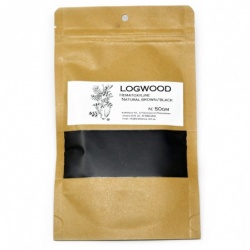
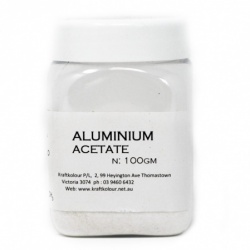
.jpg)
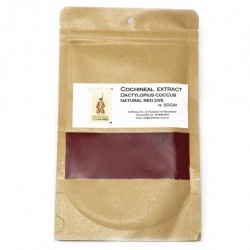
.jpg)
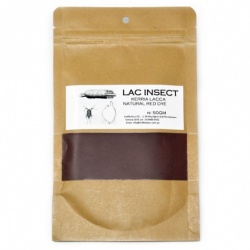
.jpg)
.jpg)
.jpg)
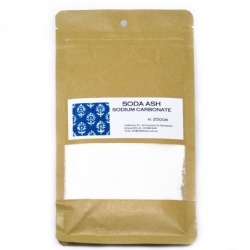
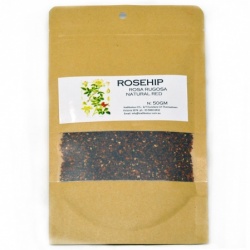
.jpg)
.jpg)